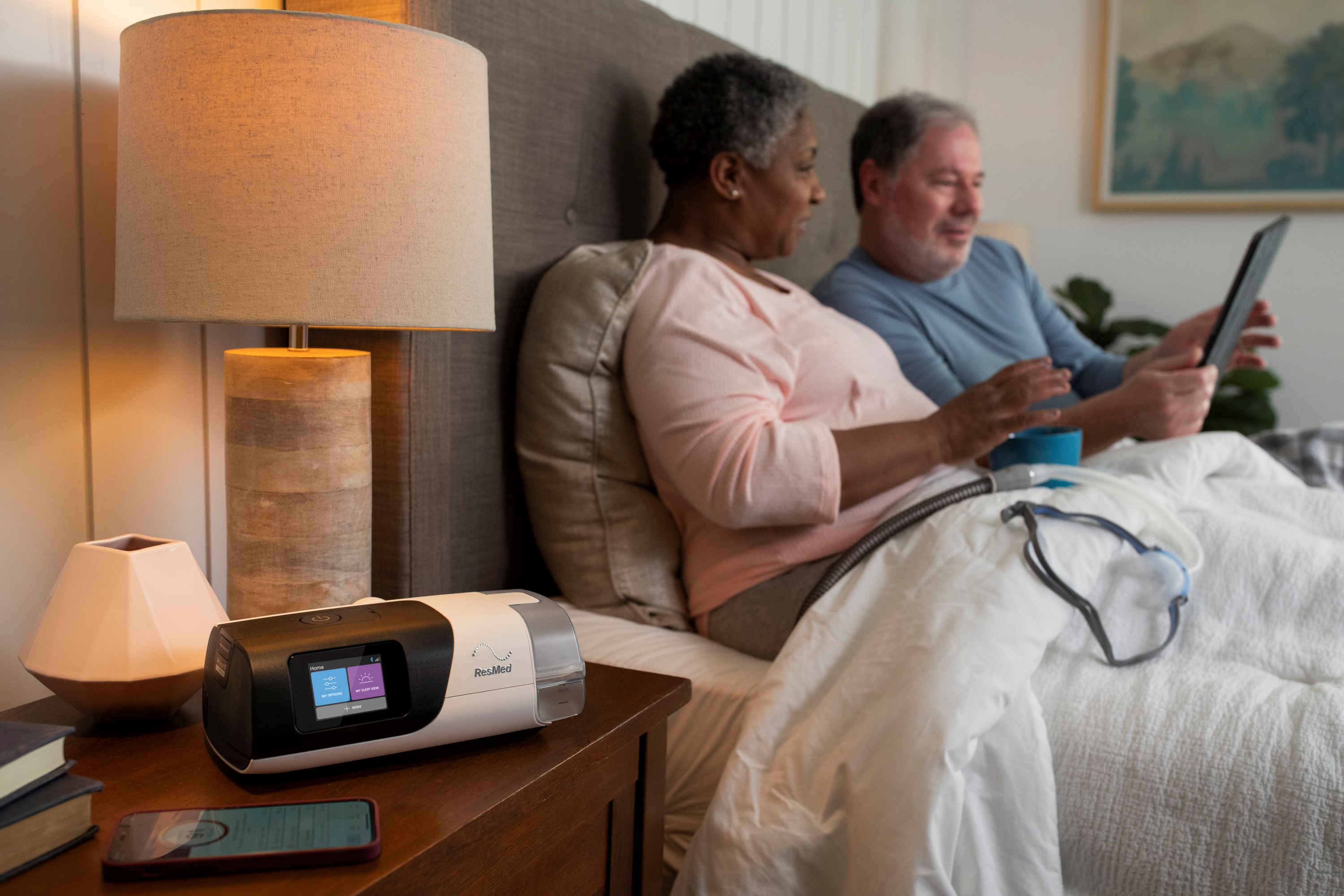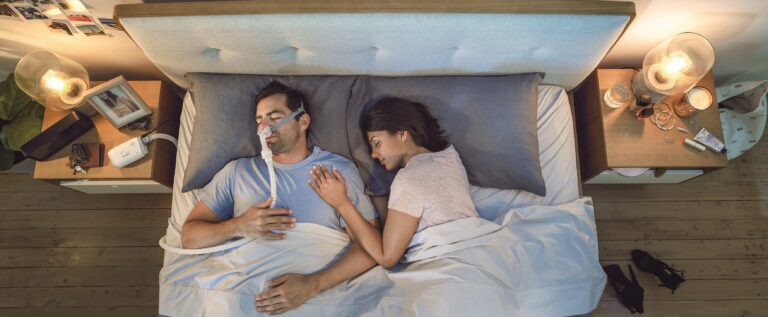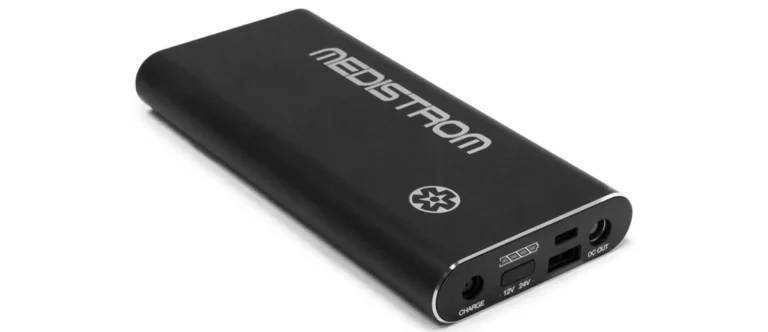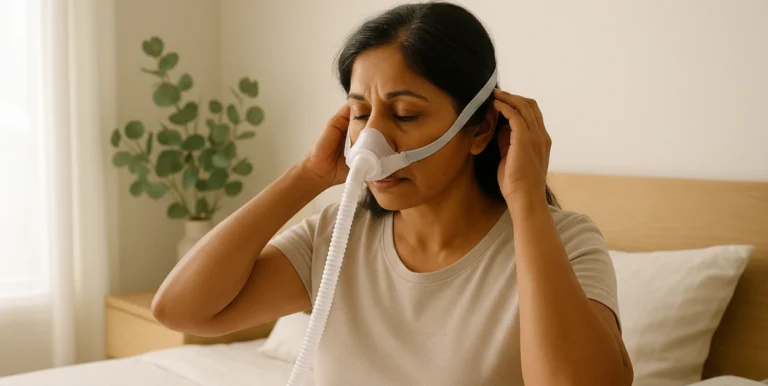Your cart is currently empty!
Prefer to just call? (07) 3472 6421

When it comes to treating sleep apnoea, there’s no one-size-fits-all solution. If you’re researching machines, you’ve probably come across two common terms: CPAP and APAP. But what do they mean, and how do you know which one is right for you?
Let’s break down the key differences between CPAP and APAP machines—so you can make an informed decision and breathe easier at night.
First, What Do CPAP and Auto-PAP or APAP Stand For?
· CPAP: Continuous Positive Airway Pressure
· APAP: Automatic Positive Airway Pressure
Both machines are designed to keep your airway open while you sleep by delivering pressurised air through a mask. The goal? To prevent breathing interruptions (apnoeas) caused by a collapsing or blocked airway.
A CPAP machine delivers a fixed, continuous level of air pressure throughout the night. Your doctor or sleep specialist determines the right pressure for you during a sleep study, and the machine maintains that level every time you use it.
✅ Benefits of CPAP:
· Simpler technology, often more affordable
· Reliable for people with consistent pressure needs
· Many models available with quiet motors and humidifiers
⚠️ Things to Consider:
· The fixed pressure might feel too strong (or too weak) during certain parts of the night
· Not suited to people with breathing problems such as emphysema or COPD.
What Is an APAP Machine?
An APAP machine adjusts the air pressure automatically in real time, based on how you’re breathing. It uses sensors to detect pauses, snoring, or airflow resistance and changes the pressure to meet your needs minute by minute.
✅ Benefits of APAP:
· Adapts to changes in sleep position, sleep stage or alcohol use
· Often preferred by people who found CPAP too rigid or uncomfortable
⚠️ Things to Consider:
· Slightly more expensive than standard CPAP
· The pressure can be low at the beginning of the night and apnoea is untreated
· Some users may not need variable pressure if their needs are consistent
· The changes in pressure may wake you initially if you are a light sleeper
Ultimately, your sleep specialist will help you determine which machine is best for your diagnosis and comfort. Some start with APAP, and find that their pressure requirements don’t vary much, so a CPAP machine will be fine (and cheaper!). Others prefer the convenience of auto-adjusting pressure right from the start.
If you’re just starting out or switching machines, it’s important to choose the right equipment and mask combination. At Sleep Warehouse we offer a wide range of CPAP and APAP machines, plus expert advice to help you find your best fit.
ABOUT AUTHOR



Leave a Reply
You must be logged in to post a comment.